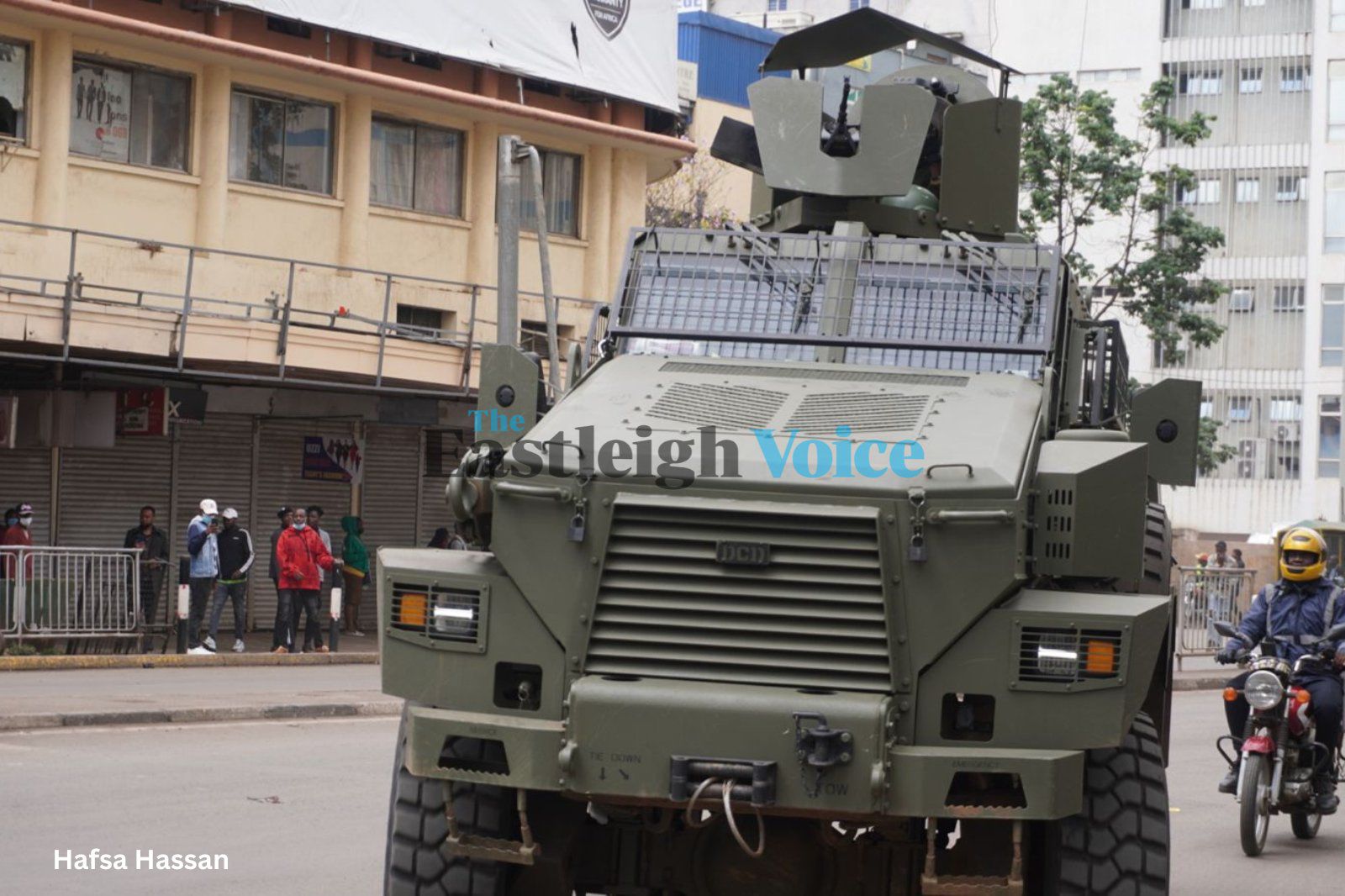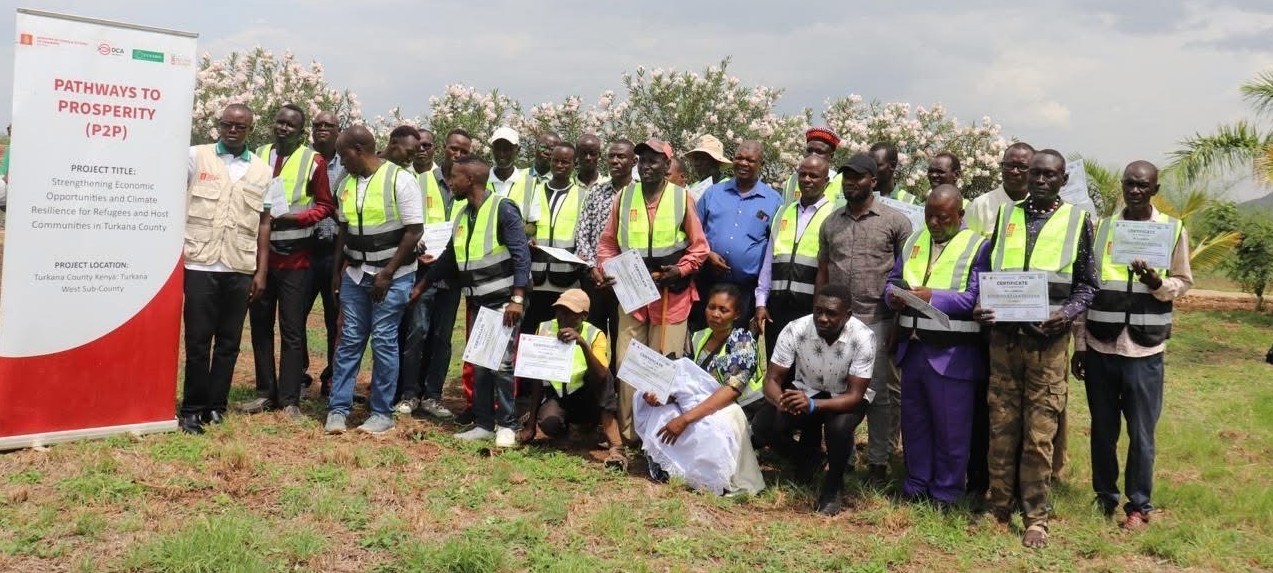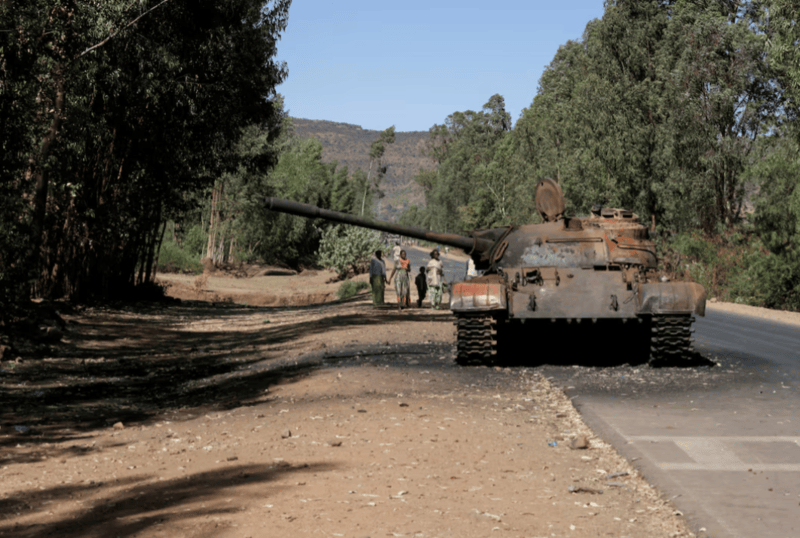Anti-Finance Bill protests: Court declines to nullify deployment of KDF troops

The court has given the government two days to publish another gazette notice with details about where the KDF is deployed.
The high court on Thursday declined to nullify the deployment of the Kenya Defence Forces (KDF) in support of the police in the protection of public property and critical infrastructure during the anti-Finance Bill protests.
However, the court has given the government two days to publish another gazette notice with details about where the KDF is deployed, the scope of what the military is expected to be doing and the duration of that deployment.
More To Read
- Police to deploy senior investigators as Rex Masai inquest uncovers new witnesses
- Outrage in Turkana South as two police reservists are shot dead allegedly by KDF officers
- BATUK: How 1964 pact shaped Kenya’s military partnership with UK
- Father and son killed after grenade exploded at home in Marsabit
- Kiunga residents in Lamu raise concerns over weapon testing near homes
- Nairobi MPs lose court battle to stop ongoing KDF recruitment exercise
Justice Lawrence Mugambi said the deployment was not in contravention of Section 241 of the Constitution as argued by the Law Society of Kenya (LSK) in its petition.
The society had sought the court to order soldiers back to the barracks because there was no justification for military intervention as there was no evidence that the National Police Service (NPS) was unable to deal with the largely peaceful protesters.
Although the intervention of the military was necessary, it is likely to cause fear among Kenyans and prevent them from expressing themselves through demonstrations.
The court shares the same views as the LSK that it is common knowledge that the military in the nature of its training is ill-equipped to deal with the civilian population as it is trained with armed combat.
"The military principle is primarily suppression through the use of force to resolve the crisis," Justice Mugambi.
"I agree that the deployment of the military in a blanket manner without defining the scope and the nature of their operation and duration of the intervention is a dangerous trend that can bring about militarisation of the country which can curtail the enjoyment of rights and freedoms."
The judge says this can muzzle the civilian population from protesting what it believes are unfair taxation policies imposed by the government and also drive a wedge between the military and the civilian population it is meant to protect.
"Consequently, a clear balance must be struck in the spirit of transparency and accountability by giving clear terms of reference which must be published for the public to know, interrogate and appreciate, " stated the judge.
He said even though the intervention was justified given events (of July 25) necessitated the immediate deployment of the military " it is also clear to me that the public has not been fully appraised on the extent of military involvement hence the apprehensions and suspicions that the public have about the military intervention. This concern must be addressed".
The gazette notice does not inform the public fully about the intervention of the military.
The public fears that its liberties under the Constitution may be put in jeopardy.
"The scope of intervention and duration must therefore be defined or addressed. The duration of engagement and areas of engagement must therefore be defined clearly and gazetted within the next two days to alleviate the public fear that their liberties might be limited," he said.
KDF officers are under instructions to shoot dead anyone found vandalising and looting both private and public property including the state's critical infrastructure.
The court will exercise supervision and this file will remain open during and until the military engagement in the protests, and the orders might vary.
Top Stories Today













































